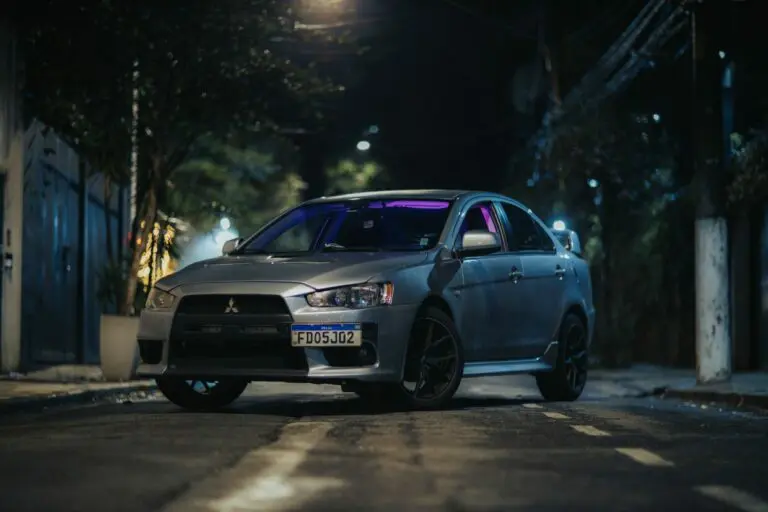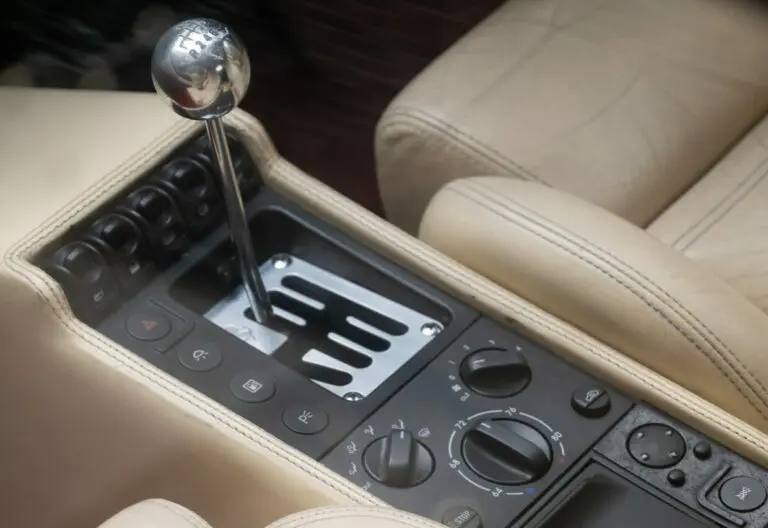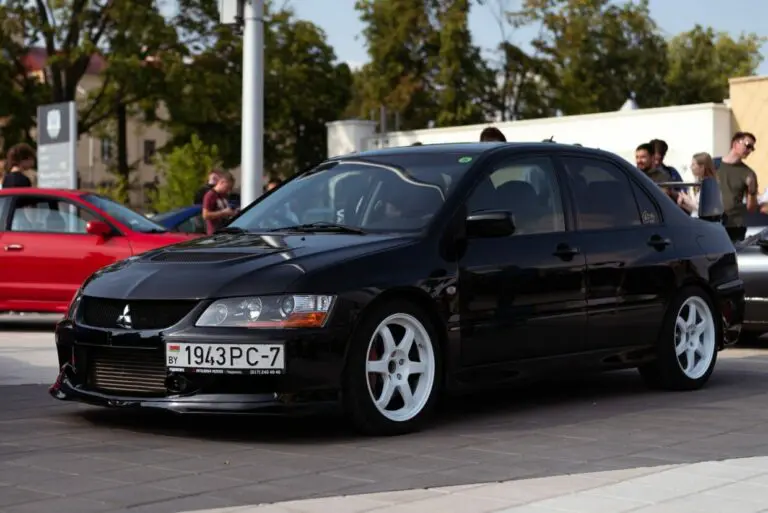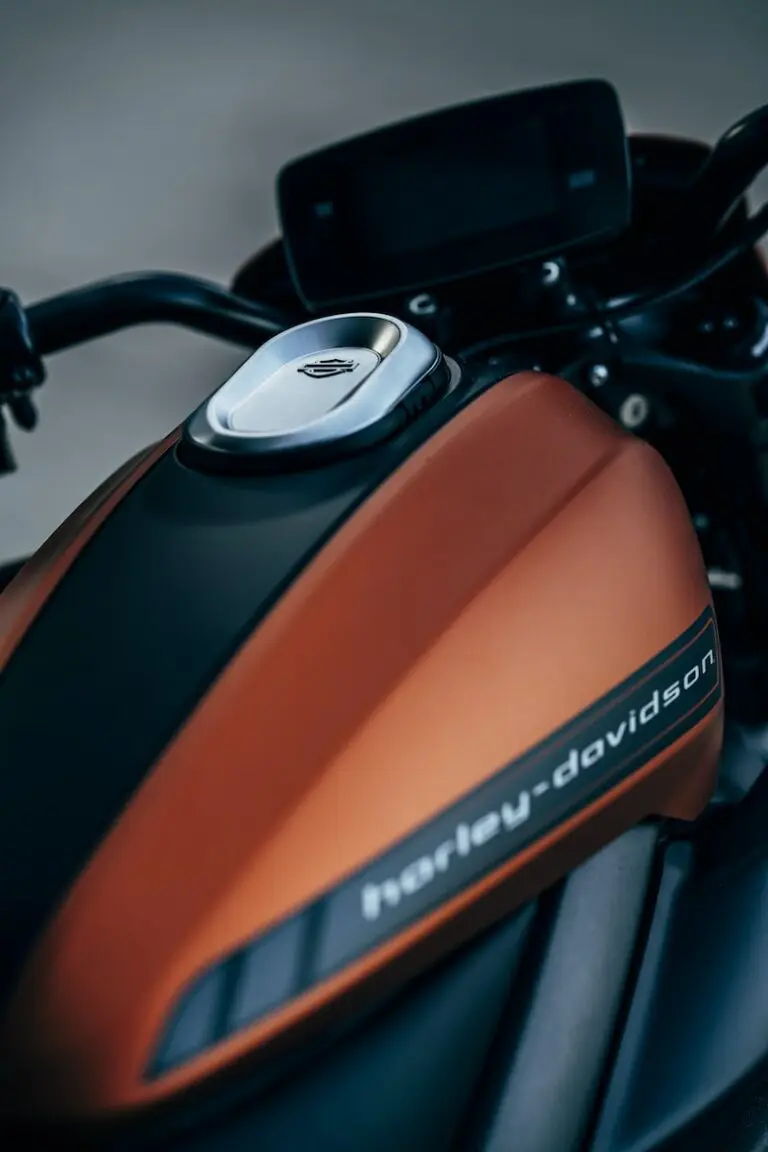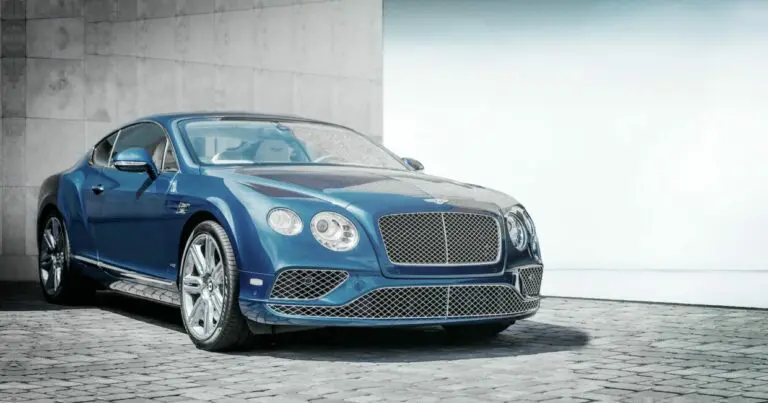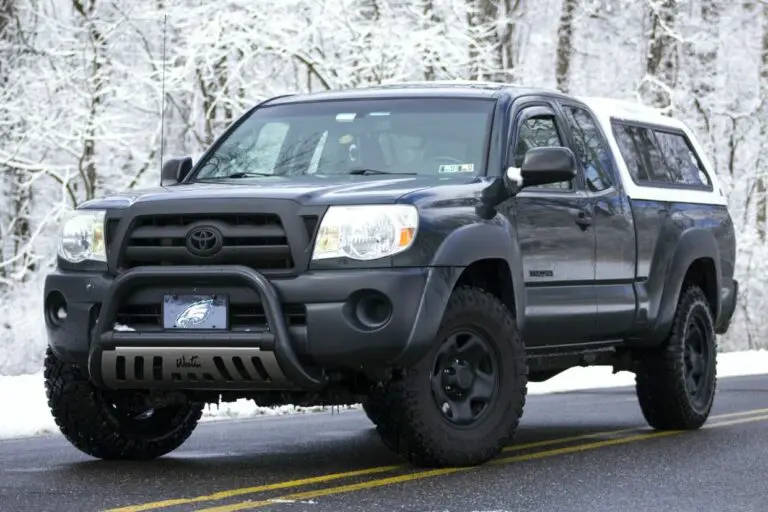Polycarbonate plastic is a material that has been gaining popularity in the manufacturing of high-performance vehicles, and for good reason. This material is known for its durability, strength, and ability to withstand high temperatures, making it an ideal choice for the demanding conditions of high-performance vehicles.
What is Polycarbonate Plastic?
Polycarbonate plastic, also known as PC plastic, is a thermoplastic material that is known for its high strength, transparency, and ability to withstand high temperatures. This material was first invented in the 1950s by a group of German scientists, and since then it has been widely used in a variety of applications, including the manufacturing of safety glasses, CDs and DVDs, and high-performance vehicles.
The Importance of Polycarbonate Plastic in High-Performance Vehicles
High-performance vehicles are subject to a great deal of stress and wear and tear, as they are designed to withstand high speeds and intense driving conditions. In order to ensure the safety of the vehicle and its passengers, manufacturers must use materials that are strong enough to withstand these conditions. Polycarbonate plastic is an ideal choice for high-performance vehicles, as it is extremely durable and able to withstand the extreme temperatures generated by the engine and the friction of the tires on the road.
Benefits of Polycarbonate Plastic in High-Performance Vehicles
One of the major benefits of polycarbonate plastic in high-performance vehicles is its strength. This material is able to withstand high impact forces, making it an ideal choice for use in the manufacture of body parts such as windshields and side windows. In addition, polycarbonate plastic is also highly transparent, which makes it an ideal choice for the manufacturing of headlight lenses.
Another benefit of polycarbonate plastic is its ability to withstand high temperatures. This material is able to maintain its strength and stability even at temperatures as high as 150 degrees Celsius, making it an ideal choice for use in high-performance vehicles where the engine generates a great deal of heat.
Using Polycarbonate Plastic in High-Performance Vehicles
When using polycarbonate plastic in high-performance vehicles, manufacturers must take certain precautions to ensure that the material maintains its strength and stability. One of the most important precautions is to avoid exposing the material to high temperatures for prolonged periods of time, as this can cause the material to degrade and lose its strength. Additionally, manufacturers should also avoid exposing the material to certain chemicals such as acids and alkalis, as these can also cause the material to degrade.
Another precaution to keep in mind when using polycarbonate plastic in high-performance vehicles is to ensure that the material is properly secured in place. This is particularly important for parts such as windshields and side windows, as these parts must be able to withstand high impact forces in the event of an accident.
Other Types of Polycarbonate Plastic
In addition to its use in high-performance vehicles, polycarbonate plastic is also used in a variety of other applications. Some other types of polycarbonate plastic include:
- Lexan: This is a brand name of polycarbonate plastic that is widely used in the manufacturing of safety glasses, helmets, and other protective gear.
- Makrolon: This is another brand name of polycarbonate plastic that is known for its high strength and ability to withstand high temperatures.
- Tuffak: This is a brand name of polycarbonate plastic that is known for its transparency and ability to withstand high impact forces.
Polycarbonate plastic is a versatile and durable material that offers a wide range of benefits in high-performance vehicles, including its strength, transparency, and ability to withstand high temperatures. When used properly and with the proper precautions, polycarbonate plastic can be an ideal choice for the demanding conditions of high-performance vehicles. It is also important to note that polycarbonate plastic can be combined with other materials such as glass fiber or mineral fillers to enhance its strength and performance even more.
In conclusion
Polycarbonate plastic is a valuable material that has a wide range of applications in the manufacturing of high-performance vehicles. From its high-strength properties, transparency to its ability to withstand high temperatures, polycarbonate plastic offers many benefits to ensure the safety and durability of the vehicle. Manufacturers must use the material properly and take the necessary precautions to ensure that the polycarbonate plastic maintains its strength and stability over time.


